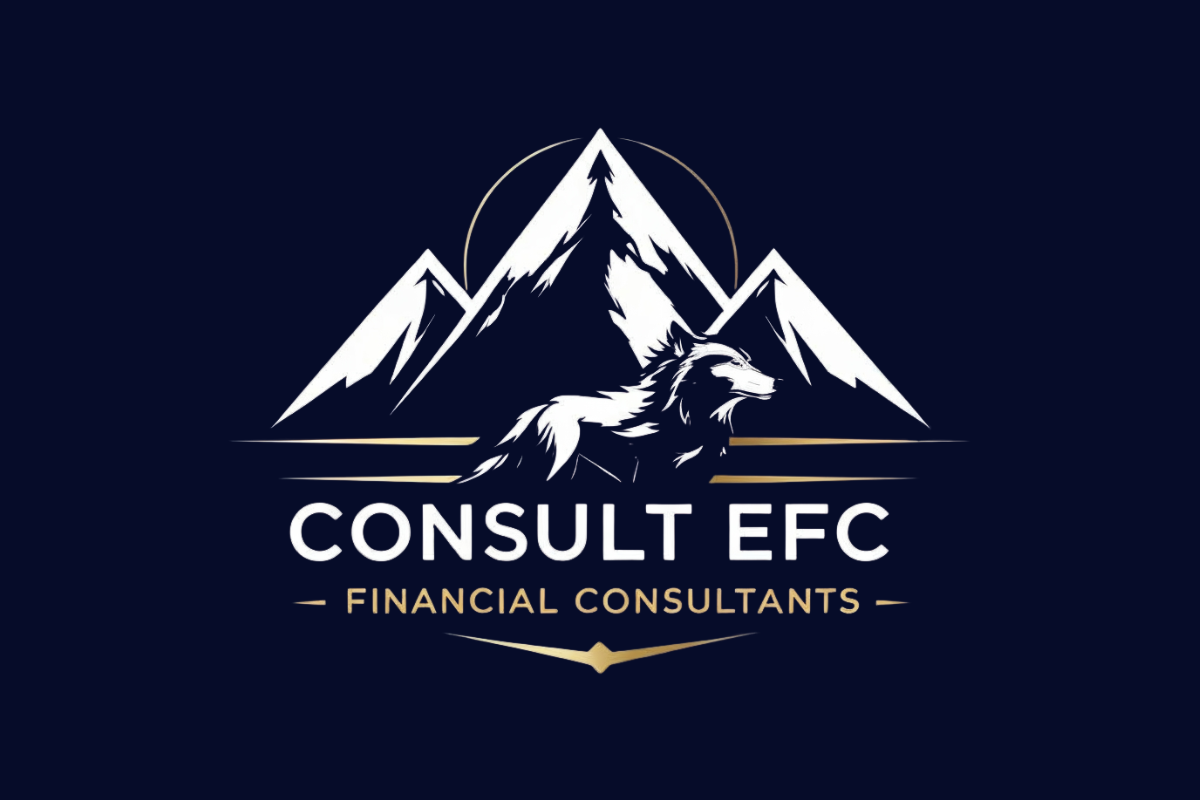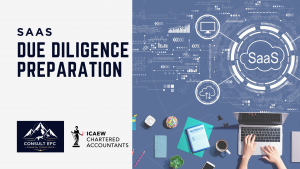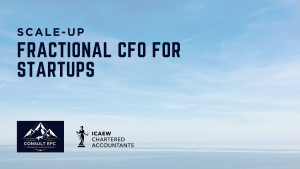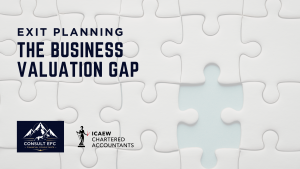Understanding how to attract investment is essential for startup founders in the UK. With the competition for funding rising every year, schemes like SEIS (Seed Enterprise Investment Scheme) and EIS (Enterprise Investment Scheme) have become trusted tools for startups hoping to stand out to private investors. These tax-efficient options make your company far more attractive, boosting your chances of raising capital – especially in the early days. This article spells out what SEIS and EIS are, why they matter, and practical tips to get your application right.
Understanding EIS and SEIS for Startups
Most new founders encounter the terms SEIS and EIS early in their fundraising journey. These are government schemes created to encourage investment in high-growth and innovative businesses by making private investment less risky for individuals.
The main draw? SEIS/EIS offer generous tax reliefs to investors who back your startup. For founders, this usually means a broader pool of potential investors and, resultantly, more capital raised. Using EIS for Startups as part of your pitch can directly influence your fundraising success and increase your company’s appeal compared to rivals not using the scheme.
For a side-by-side comparison of how both schemes work, you might find it useful to read this detailed SEIS vs EIS comparison.
What is SEIS?
SEIS, or the Seed Enterprise Investment Scheme, supports the very earliest stage startups. It allows companies to raise up to £250,000 in total. To qualify:
- Your company must have traded for less than three years.
- Fewer than 25 employees.
- Gross assets of no more than £350,000 before investment.
- Not already have received investment through EIS or other venture capital schemes.
- Undertake a qualifying trade as defined by HMRC.
The key benefit for investors is 50% income tax relief on their investment, up to £100,000 per tax year. Capital gains on SEIS shares are also usually free from Capital Gains Tax if held for at least three years. For more on how to apply, refer to the official SEIS application guidance.
What is EIS?
EIS, or the Enterprise Investment Scheme, helps more established startups scale up, allowing companies to raise up to £12 million in their lifetime. To be eligible, startups should:
- Have been trading for less than seven years (or ten for knowledge-intensive companies).
- Employ fewer than 250 people (or up to 500 for knowledge-intensive companies).
- Possess gross assets under £15 million before the investment.
- Conduct a qualifying trade.
EIS offers slightly less tax relief than SEIS (at 30%), but the funding cap is much higher. Investors in EIS enjoy income tax relief, exemption from Capital Gains Tax after three years, and the possibility to defer capital gains by reinvesting under EIS.
Both schemes share the objective of making your company more enticing to investors, but pitch to different business stages and needs.
Key Differences and Overlaps
- Funding Limits: SEIS is for up to £250,000; EIS can total £12 million.
- Company Age: SEIS is for younger startups (under three years), EIS supports established ones (under seven or ten years).
- Tax Reliefs: SEIS gives 50% income tax relief, EIS gives 30%.
- Investor Limits: Both define maximum amounts an investor can claim but under different caps.
Some companies may start with SEIS and later move to EIS, maximising fundraising at different growth stages. This flexibility lets founders build lasting investor relationships and target wider funding pools as their business matures. For a breakdown on eligibility and scheme mechanics, Cadre Advisory’s guide is useful for deeper dives.
 Photo by Mike González
Photo by Mike González
Getting SEIS / EIS Right: Key Tips for Startups
Preparation is everything. Getting your SEIS or EIS status approved can help you get funded quicker, show credibility to investors, and prevent costly errors or delays. Here are practical tips for founders ready to start their journey.
Plan Your Fundraise Early
It pays to think ahead. Mapping out your funding round and aligning it with SEIS/EIS approval gives investors the reassurance they need, straight away. Start with a clear investment plan and ensure your financial forecasts are solid. Many founders overlook the value of expert financial modelling, which not only strengthens your pitch but also anticipates investor questions and scrutinises potential risks.
If you’re unsure where to start with financial documentation and projections, consider seeking expert financial modelling support. Getting this right early creates momentum and trust.
Ensure Compliance with Scheme Rules
Both SEIS and EIS are strict about who can claim tax reliefs and when. Your company must meet residence, sector, and business activity rules. There are clear caps on the size of company, total assets, and type of trade. Investors too have guidelines: they must have no connection to the company beyond their shareholding, and there are limits on how much they can invest and claim relief on.
Failure to follow even a single rule can leave investors without tax relief and jeopardise your fundraising plans. Make sure to review the rules and consult an accountant or adviser with a proven track record in SEIS/EIS before launching your round.
Maintain Clear, Up-to-Date Records
Organisation is key. Expect investors (and HMRC) to check your company’s share capital, cap table, and investor list before agreeing to fund your round. Maintain:
- Current cap tables detailing share ownership.
- up-to-date records of directors and employees.
- Files on all SEIS/EIS investors.
- Copies of all HMRC advance assurance applications and responses.
Have documentation ready before you seek investment. Investors want assurance that claiming the tax relief won’t hit unexpected bumps, and you’ll save time when submitting forms to HMRC after closing your round.
Conclusion
SEIS and EIS give UK startups a tangible edge in the race for capital. Beyond the tax reliefs, they open doors to a broader investor base and add credibility to your fundraising. Founders who plan in advance, keep records straight, and follow the rules can turn these schemes into a major competitive advantage. For anyone serious about securing growth and attracting the right backers, expert advice and accurate preparation are hard to beat.
If you’re a UK founder looking to boost your chances of investment, start by exploring SEIS and EIS options. The right support now can set you up for long-term growth and successful fundraising.
About Consult EFC
Empowering Ambitious UK Businesses to Scale
Consult EFC is a trusted chartered accountancy and business consultancy firm that specializes in turning financial complexity into strategic advantage. With over 20 years of combined experience spanning Investment Banking, Consulting, and Audit, our Big Four-trained CFOs deliver gold-standard financial expertise to ambitious UK businesses without the full-time cost.
Our Expertise:
- Fractional CFO Services
- Business Valuations & Strategic Reviews
- Financial Modelling & Forecasting
- Business Plans & Investor Pitch Decks
- R&D Tax Credits
- Financial Due Diligence
- Analytics & Data Visualizations
- Operational Improvements
From £10M startups to £100M+ enterprises, we don’t just deliver reports – we partner with you to implement strategies, build capabilities, and create sustainable financial systems that grow with your business. Our proven track record includes successful capital raises with high funding success rates, helping clients achieve results like 80% faster month-end closes, 300% valuation increases, and seamless investment readiness transformations.
Ready to Transform Your Financial Strategy?
Whether you’re preparing for investment, navigating rapid growth, or optimizing financial performance, Consult EFC provides the strategic financial leadership you need to unlock your business’s full potential.
Schedule Your Free Consultation Today
Don’t let financial complexity hold back your ambitions. Let’s discuss how our Big Four-trained expertise can accelerate your growth and drive sustainable success.
Contact us to discover how we can help turn your financial challenges into competitive advantages.






